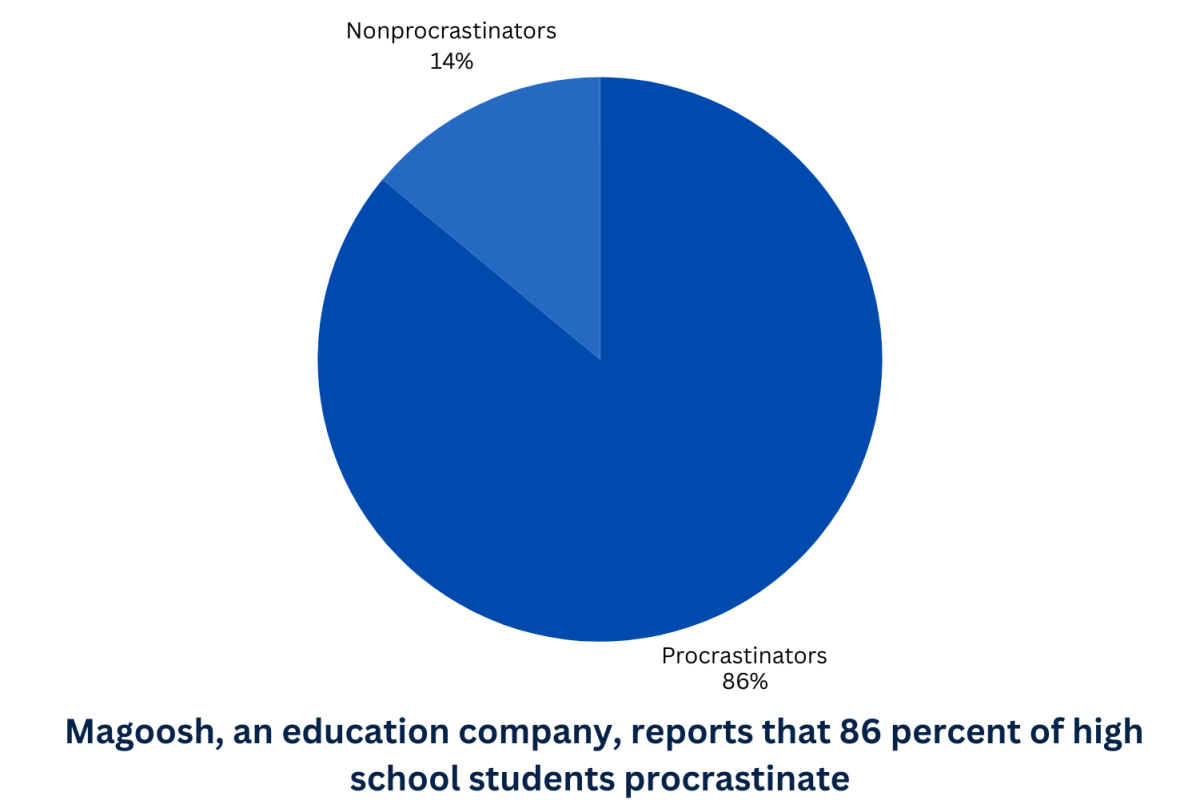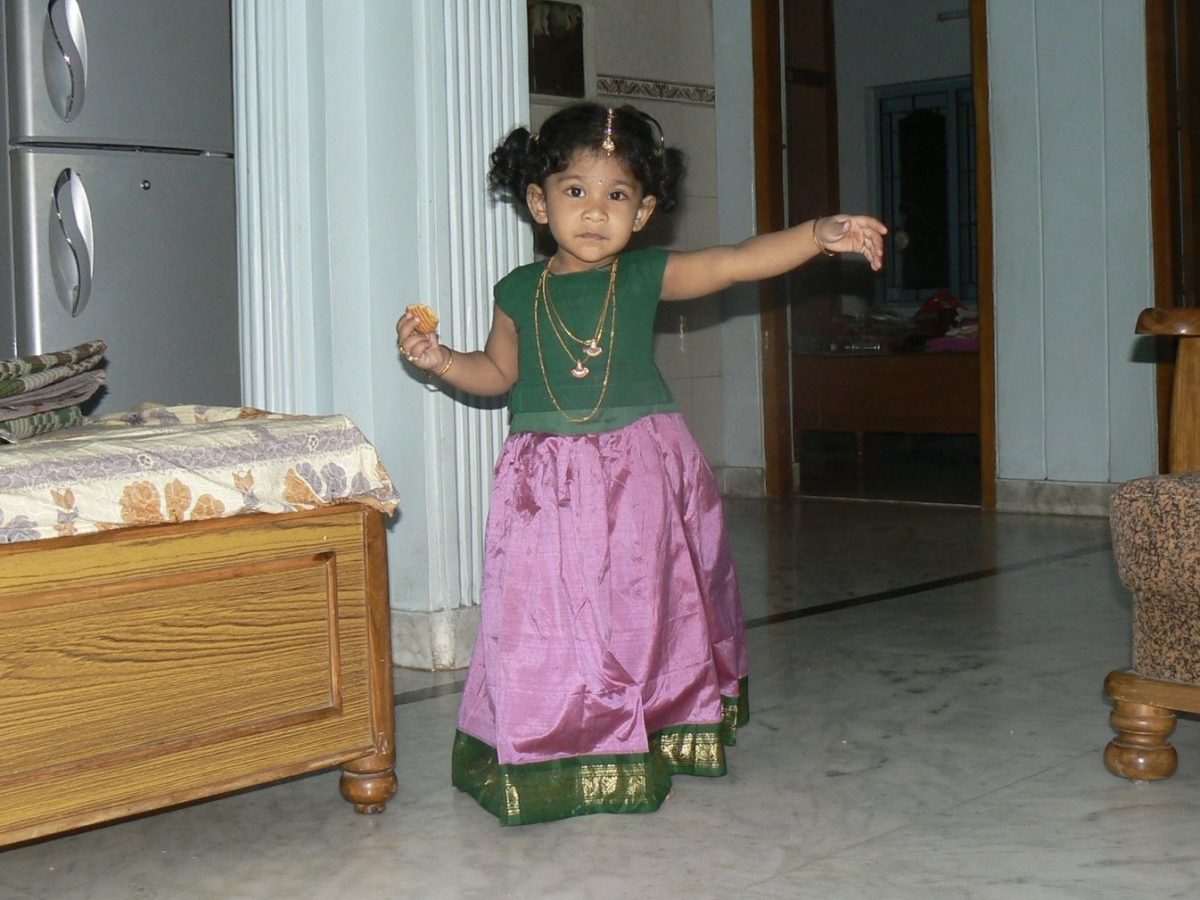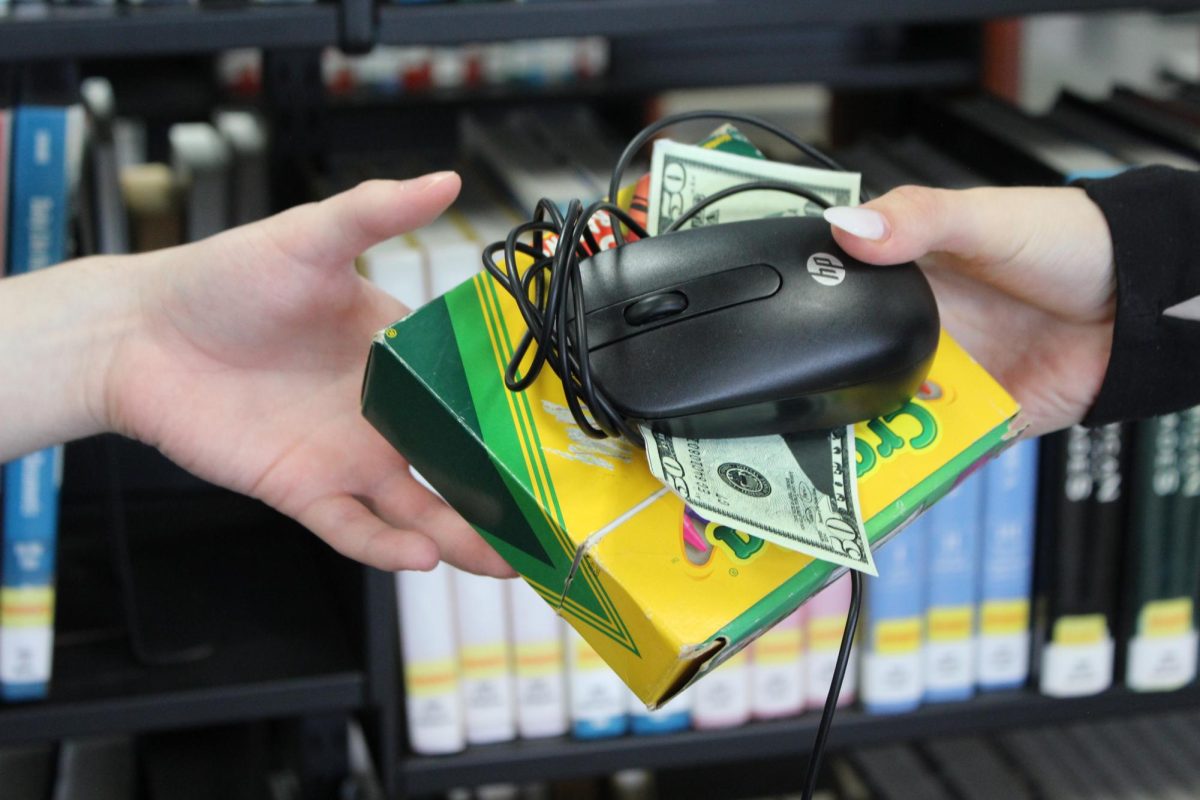I remember it like yesterday. The smell of freshly brewed Starbucks coffee from different house basketball coaches filled the Libertyville Sports Complex air at eight in the morning. I was looking forward to playing my 10 year-old league basketball game. Parents were filing into the bleachers to watch their kids play. Unfortunately, watching was not the only thing parents were going to do during this game.
When I got on the court, energy was flowing through my body. I’ve waited all week for these 40 minutes of action. After my team won the tip, I was given the ball on the wing. I dribbled around for a bit, then drove to the hoop and got fouled. It was a questionable call, but I thought it was the right one because the opposing player got most of my arm. All of the sudden, from the stands, I heard smart aleck comments coming from some of the opposing teams’ parents.
“What foul?! He didn’t touch him!” Mind you, this is the first possession of the game. Later during the first quarter, one of my teammates tried hitting a three pointer and was blocked cleanly. As our team headed back down the court to play defense, our bench started chirping at the referees, stating that there should have been a foul called on the previous play. Even my teammates’ father was yelling at him to pick up his game.
Luckily, my parents didn’t really care how I performed; they just wanted me to have a fun time playing my favorite sport. As the game progressed, I was playing with a lot of pressure on my back. It seemed like every possession that our team had the ball, I could not make any mistakes, or else different parents from the stands would get upset. I just wanted to stop the game and tell them to settle down and say that it was just a game.
My travel baseball team was just the same. Our team was horrendous; we averaged about six errors a game and could barely muster out three runs. To make matters worse, whenever a teammate committed an error, our coach (whose son was on the team) just shook his head and didn’t give any support for his players. For some of the other players’ parents, it seemed as if they had their life savings on these games, when we were absolutely terrible.
According to a Livestrong article, athletes’ confidence levels can be shattered when they are under the influence of pressure. The article stated, “pressure can often make a child athlete feel forced to both play and perform to satisfy her parents, removing one of the key components of a positive experience in sports: enjoyment.”
At the high school level, many of the those same instances are prevalent today. When I am neck and neck with another cross country runner during a race, I can’t stand the irritating parents screaming at their kids to beat me and shouting that I have nothing on them. Again, it’s fine if the parents are cheering for their kids, but when it’s directed at an opposing team, that takes it to another level. As a spectator at football games, I can see different parents, who are more concerned about their kids’ performance than their enjoyment of the game, blurting out swear words to referees. LHS athletes agree that parents just need to settle down.
“It’s just such a distraction that’s totally unneeded,” stated varsity soccer player Sam Leonard. “It just puts so much more pressure on the players, when their focus should be on the game.”
However, parents can still be loud and involved in games. “It’s one of the best feelings coming down the final stretch of a race and hear [parents] going crazy and cheering you on,” stated varsity girls cross country runner Gena Palmieri. “It motivates you to finish strong.”
It’s nice that parents want their kids to do well, but when they get too involved during their kids’ games, that’s when it goes too far. Actions such as arguing with referees or getting on their own kids to perform better are unnecessary and have to stop. The games are for the athletes to learn from their coaches and have fun, so let’s keep it that way.








